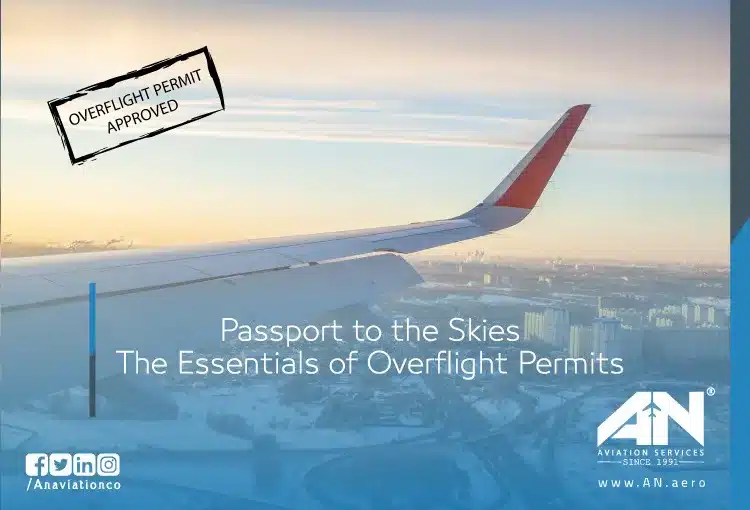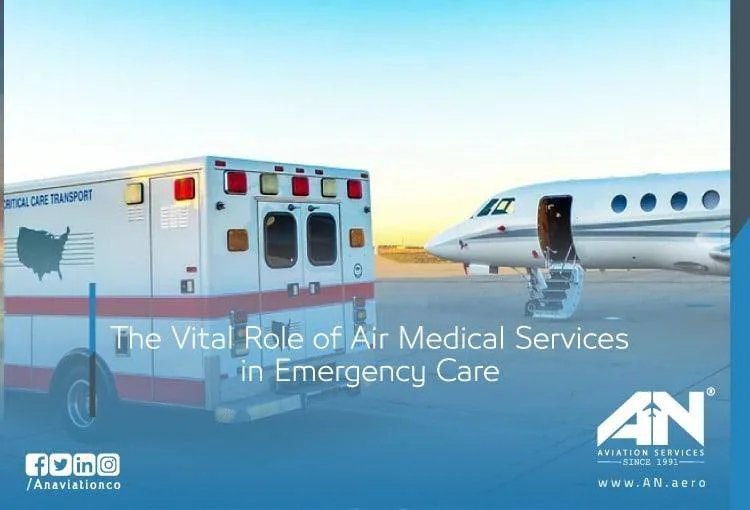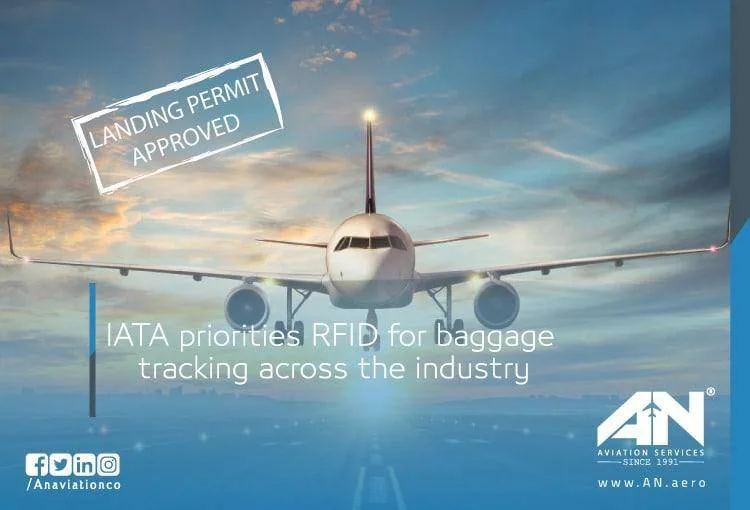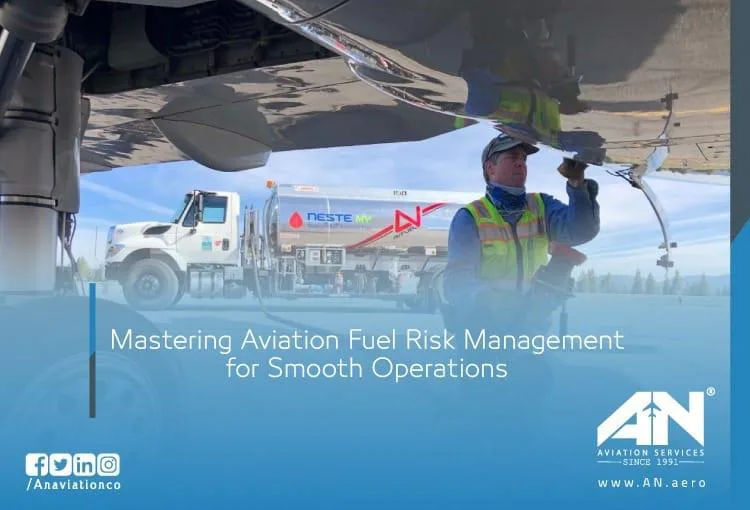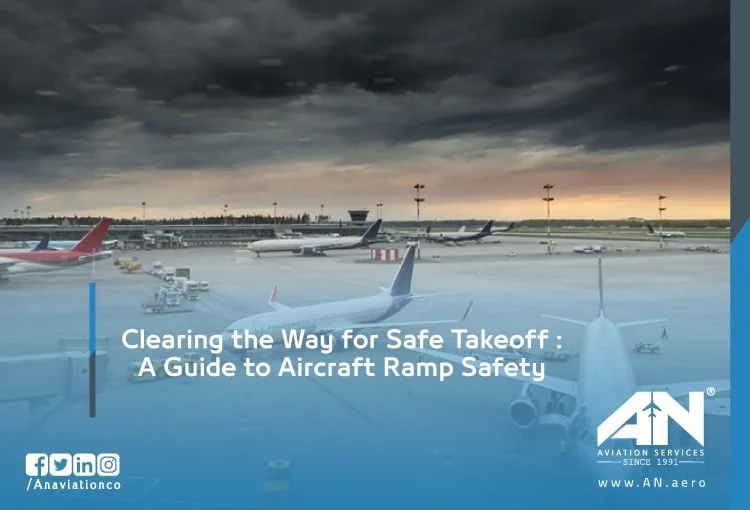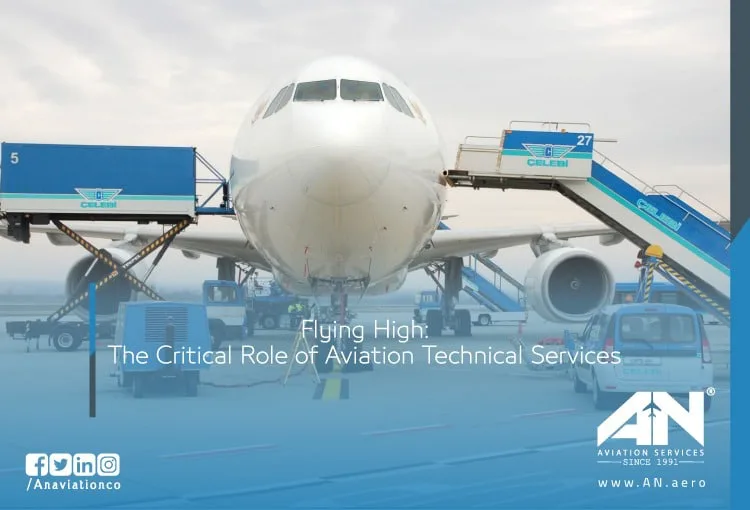International aviation is a vast and intricate network where compliance with regulations is key to smooth operations.
Mohamed Arafat
The aviation industry has long relied on accurate weather forecasting to ensure safe and efficient operations.
When it comes to air travel, security is a critical priority, whether you’re boarding a commercial flight or opting for the more personalized service of a charter flight.
When it comes to life-saving solutions, few things are as critical as air medical services.
In the intricate world of aviation, where regulations and operations intersect, landing permits play a crucial role in ensuring safe, legal, and efficient flight operations.
As one of the largest operational costs for airlines and aviation service providers, aviation fuel requires meticulous planning and monitoring to ensure efficient, uninterrupted operations.
Weather can be as unpredictable as it is powerful, posing significant challenges to aviation, transportation, infrastructure, and public safety.
From natural disasters to data breaches, crisis management on the ground plays a crucial role in ensuring the safety of operations, minimizing disruptions, and maintaining business continuity.
The bustling environment of airport ramps is a hive of activity that requires careful coordination and uncompromising safety protocols.
At the heart of it all are Aviation Technical Services, the backbone ensuring that every aircraft is in perfect condition to take to the skies.


